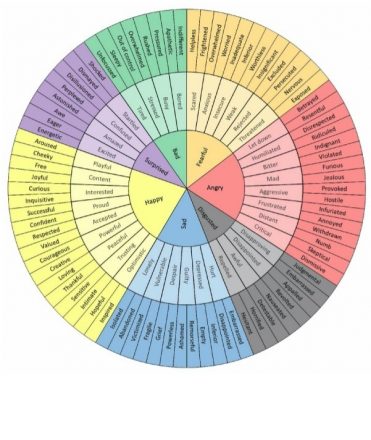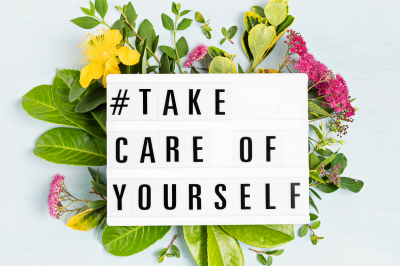We all go through tough feelings, and that’s normal—it helps us stay safe. For example, feeling scared warns us about potential threats. Feeling happy lets us know when something is enjoyable.
But sometimes, the way we handle these emotions can create more issues. If we avoid things when scared, it might lead to preventing stuff we used to enjoy, making us feel lonely and sad. This can make us doubt our ability to deal with challenging situations, creating a cycle of avoiding and feeling hopeless.
Understanding how these challenges develop is crucial. It helps you and your therapist figure out how your emotions work and how to manage them. The article suggests trying different techniques to deal with emotions. Practice is vital for any method to work effectively.

Taking good care of yourself is crucial for managing emotions and maintaining overall well-being. Here are some simple tips:
Establish a Sleep Routine:
Ensure you get enough sleep by maintaining a consistent bedtime and waking up at a similar time each morning. Avoid caffeinated drinks late in the day to promote restful sleep.
Incorporate Exercise:
Enjoy regular physical activity, even a simple walk to the shop, or spend time outdoors. Exercise is beneficial for both physical and emotional health.
Prioritize Fun and Relaxation:
Schedule time for enjoyment and relaxation regularly. It could be a hobby, spending time with loved ones, or engaging in joyful activities.
Maintain a Healthy Diet:
Eat regular, small meals with a focus on fresh, nutritious foods. Limit consumption of excessive sugar and caffeine, which can impact anxiety levels.
Moderate Alcohol and Drug Use:
Aim for two alcohol-free days per week and minimize or eliminate illegal drug use. Substance misuse can affect emotional well-being.
Learn to Say No:
Don’t overwhelm yourself. Learn to say no to tasks or commitments that add unnecessary stress and don’t bring joy.
Schedule ‘Me’ Time:
Dedicate a little time for yourself regularly. It could be as simple as finding a quiet space to relax and do things you enjoy.
Daily Enjoyment:
Incorporate activities you love into your daily routine. Whether watching a favorite TV show or spending time on a hobby, ensure you find joy in your day without overindulging.
Also Read: Srilanka and Thailand Free Trade Agreement
Remember, these are general tips, and everyone’s needs are unique. Tailor these suggestions to fit your lifestyle, and don’t hesitate to seek professional advice for personalized self-care strategies.
In conclusion, prioritizing good self-care is fundamental in managing emotions and fostering overall well-being. By establishing healthy sleep patterns, incorporating regular exercise, and scheduling time for fun and relaxation, you lay a solid foundation for emotional resilience.
Maintaining a nutritious diet, moderating alcohol and drug use, and learning to say no contribute further to a balanced and fulfilling life. Don’t underestimate the power of ‘me’ time and daily enjoyment, as these small yet significant moments are crucial in sustaining emotional health.
In implementing these tips, remember that self-care is a personal journey, and exploring what works best for you is essential. By nurturing your physical and emotional health, you equip yourself with valuable tools to navigate life’s challenges and embrace its joys.
Author Wajeeha Nasir is a final-year Psychology student at Numl University in Rawalpindi.







